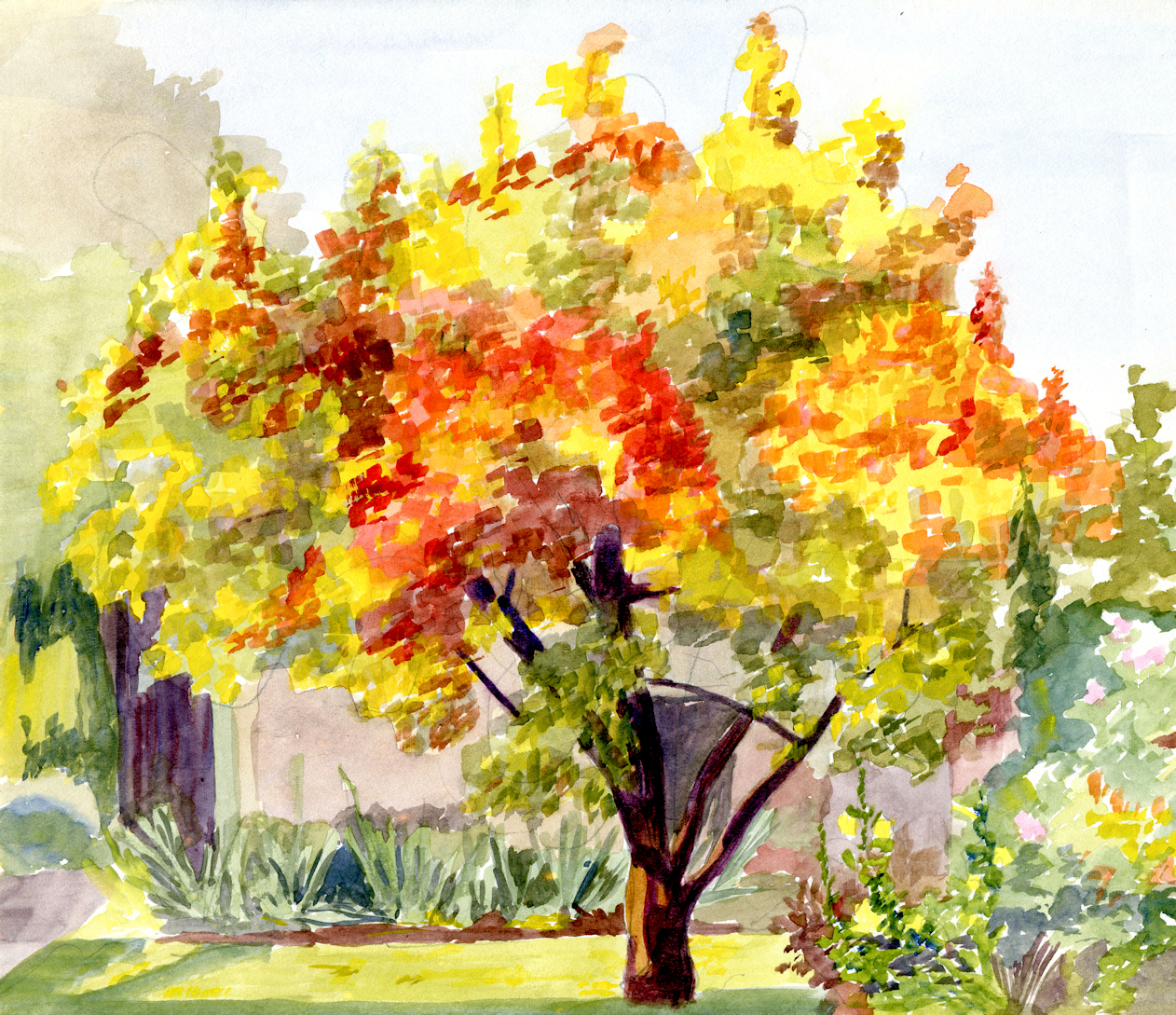As I’ve done for the last couple of years here is a survey to summarise my engagement (or, more accurately, lack of it) with 2015.
In summary it has been a bit of a crap year what with a couple of nasty gastric bugs, worse depression than I’ve had for years, more voluntary work than I felt able to cope with (yeah, I know, self-inflicted) and the death of my mother. But then life’s not fair and shit happens.
At the beginning of the year I posted ten things I wanted to do in 2015. The results are in and I think it fair to say I didn’t just lose; I was overwhelmed and crushed — which just proves how bad the year has been:
1. Kick the depression LOSE
2. Drink more champagne WIN
3. Keep breathing WIN
4. Restart meditation LOSE
5. Take more photographs LOSE
6. Be drawn/painted/photographed nude by someone other than family LOSE
7. Have at least one 2 week holiday LOSE
8. Celebrate my mother’s 100th birthday with her LOSE
9. Visit Horniman Museum LOSE
10. Go somewhere/do something I’ve not done before WIN
3/10 is not terribly good, now is it! Could do very much better; must try harder!
Looking at the year through the usual 25 questions doesn’t improve things either.
1. What did you do that you’d never done before?
Buried my mother — well you would normally only ever do this once!
2. Did you keep your new year’s resolutions, and will you make more for next year?
I keep telling you I don’t do New Year resolutions.
3. What would you like to have in 2016 that you lacked in 2015?
A properly working body and head.
4. What dates from 2015 will remain etched upon your memory?
26 May and 17 June: the day my mother died and the day we buried her.
5. Did you suffer illness or injury?
Had a very nasty gastric flu just before Easter and again in late September. And then there’s the depression and the diabetes.
 6. What was the best thing you bought?
6. What was the best thing you bought?
Anthony Powell’s Caledonia.
7. Where did most of your money go?
Survival, I think.
8. What did you get really, really excited about?
Nothing; I don’t do excitement, just like I don’t do panic and crisis. But completing my set of Anthony Powell first editions was good.
9. Compared to this time last year, are you:
a. happier or sadder? — sadder due to the worsening depression.
b. thinner or fatter? — the same to within a kilo, but that’s overall still way too much.
c. richer or poorer? — richer, thanks to my mother.
10. What do you wish you’d done more of?
Nothing.
11. What do you wish you’d done less of?
Everything except sleep.
12. What was your biggest achievement of the year?
Buying Caledonia.
13. What was your biggest failure?
Can I have three things? My mother not making her 100th birthday (by about 5 months). Overall illness. Depression.
14. How many one-night stands?
I don’t collect night stands; I have one bedside cabinet and that is perfectly sufficient, thank you.
15. What was your favourite TV program?
What’s TV? I’ve hardly looked at TV all year. Is there anything worth watching these days?
16. What was the best book you read?
According to the reviews I’ve posted here it would be Maureen Evans’ Eat Tweet: A Twitter Cookbook. But there are several other close contenders.
17. What did you want and get?
Caledonia
18. What did you want and not get?
Good health.
19. What one thing would have made your year immeasurably more satisfying?
Mum living to 100.
20. How would you describe your personal fashion concept in 2015?
“Henery, how do you like my new frock?”
“Min … Where did you get that sack dress?”
“I got if off the coalman.”
“You mean he’s walking around naked?”
[Spike Milligan and Peter Sellers in The Goons, 1958]
21. What kept you sane?
Noreen and sleep.
22. Who did you miss?
My mother and Victor.
23. Tell us a valuable life lesson you learned in 2015:
“Journalism is printing what someone else does not want printed: everything else is public relations” [George Orwell]. In other words, it’s all marketing bollox.
24. A quote or song lyric that sums up your year:
The Beatles, When I’m Sixty-Four
25. Your hopes for 2016
Something better — I’ll post more on this later, probably as ten things to do in 2016.
God, I hate everything being so down! We need happiness and wins.
But anyway, enough of me. How was your 2015? And what are you hoping for in 2016? Do tell!



 Today is one of those things that happens just once in a lifetime; a veritable
Today is one of those things that happens just once in a lifetime; a veritable  6. What was the best thing you bought?
6. What was the best thing you bought?